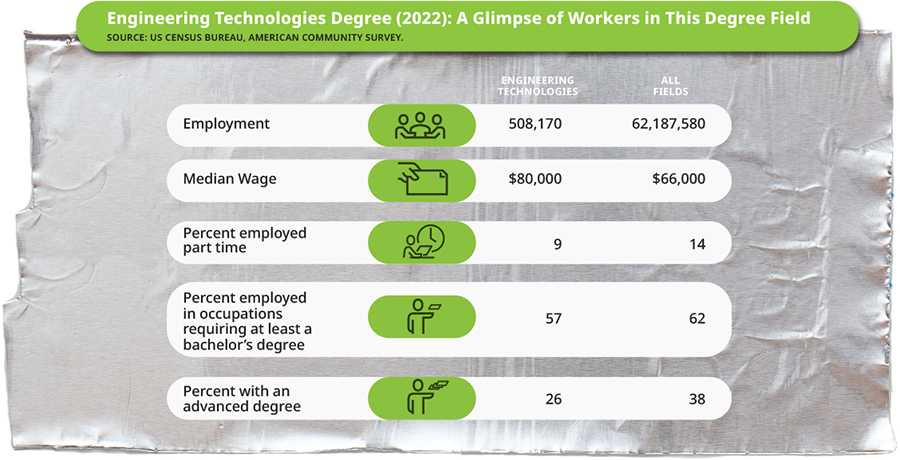July/August 2017
PE Report
Female Mentors Make a Difference
Female first-year students who have increased access to female peer mentors early in their academic careers are more likely to have better college experiences and improved career retention levels, according to a recent study.
Researchers at the University of Massachusetts’ Department of Psychological and Brain Sciences conducted a multiyear longitudinal study with 150 female incoming engineering majors to determine if the mentoring of first-year students by advanced students would increase the incoming students’ success in the engineering program and eventually their careers. Study participants were placed randomly into three groups: one-third were assigned female peer mentors; one-third were assigned male peer mentors; and one-third had no mentor.
The study concluded that pairing female students with female peer mentors resulted in an increased sense of belonging, heightened confidence, and greater retention of women in engineering, particularly in their first year of college when students experience more feelings of doubt. The benefits of same-gendered peer mentoring lasted after the mentoring ended, inoculating women for the two years of college when they are most likely to switch to a non-STEM major. The researchers also found that as female students graduate and move into their careers, both female and male mentors will be equally valuable.
Additional findings of the study:
Female Mentors Protect Positive Academic Experiences.
Students without mentors and those with male mentors reported sharp declines in feelings of belonging from the beginning to the end of the first year. Students with female mentors maintained a sense of belonging throughout their first year. Female mentors affected the degree to which students’ anxiety about engineering was offset by their belief that they possessed the skills necessary to overcome academic challenges.
Female Mentors Protect Retention and Advanced Degree Aspirations.
Students without mentors thought about switching majors more than students with female or male mentors. All the students with female mentors remained in engineering majors at the end of the first year compared to students with male mentors (82%) and without mentors (89%). Women with male mentors or no mentors also showed a declining interest in pursuing advanced degrees.
Social Belonging and Self-Efficacy Buoy Career Aspirations.
Students with female mentors compared to students with no mentors reported more stable feelings of belonging and self-efficacy in engineering over time, which predicted increased intentions to pursue future engineering careers.


 Volunteering at NSPE is a great opportunity to grow your professional network and connect with other leaders in the field.
Volunteering at NSPE is a great opportunity to grow your professional network and connect with other leaders in the field. The National Society of Professional Engineers (NSPE) encourages you to explore the resources to cast your vote on election day:
The National Society of Professional Engineers (NSPE) encourages you to explore the resources to cast your vote on election day:










